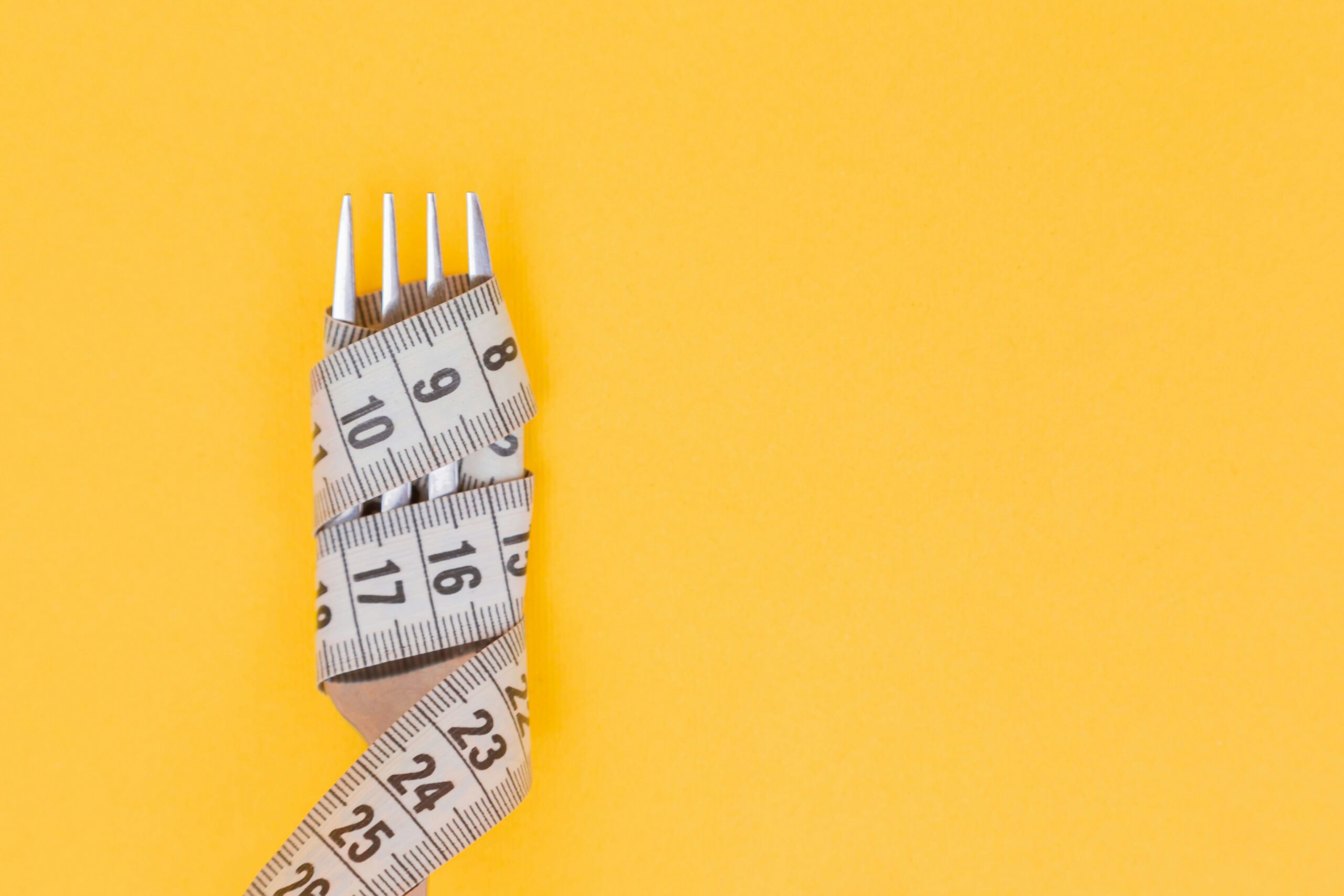A calorie is a unit that measures energy. In terms of food and nutrition, calories tell us how much energy we get from what we eat and drink and how much energy we burn through activity.
What are Calories?
You can find the calorie content of any food item on its packaging. You might think calories are a type of food, but they’re a way to measure energy. This means anything with energy, even non-food items like coal, has a calorie value. For instance, one kilogram of coal has a whopping 7,000,000 calories.
There are two types of calories:
- A small calorie (cal) is the energy needed to raise the temperature of 1 gram of water by 1º Celsius.
- A large calorie (kcal), also called a kilocalorie, is the energy needed to do the same for 1 kilogram of water.
Note: 1 kcal is equal to 1,000 cal.
Daily requirement
The US government recommends an average intake of 2,700 kcal for men and 2,200 kcal for women per day. However, these are just guidelines. Your individual calorie needs depend on several factors, including:
- Overall health: Specific health conditions might influence your body’s energy use.
- Activity level: More active people naturally burn more calories.
- Sex: Men generally have higher calorie needs due to differences in body composition.
- Weight: Larger bodies require more energy to function.
- Height: Taller people typically have larger bodies and higher calorie needs.
- Body composition: Muscle mass burns more calories than fat mass.
Important Note: Calorie intake differs from one individual to another. The government recommendations are a starting point, but your optimal intake might be higher or lower.
Calories and health
Our bodies need calories to function. Without this energy, our cells would die, our organs would fail, and basic life processes would shut down. We get this essential energy from the food and drinks we consume.
Maintaining a healthy calorie intake is crucial. Consuming too few or too many calories over time can lead to health problems.
While the number of calories in food indicates its energy potential, its source also matters. Here’s the breakdown of how many calories are in the main food components:
- Carbohydrates: 4 kcal per gram
- Protein: 4 kcal per gram
- Fat: 9 kcal per gram
Fast food in American diets
In 2013, a CDC report revealed that fast food accounts for a concerning 11.3% of the average American’s calorie intake – a figure health experts deem too high.
Interestingly, fast food consumption drops as people age, making up just 6% of daily calories for older adults. However, the abundance of high-calorie options in restaurants, especially those targeting younger people, means everyone needs to be mindful of their calorie sources.
When should you eat?
Start your day right: a substantial breakfast can boost your body’s ability to burn calories effectively. Additionally, the timing of your meals plays a role in how your body uses those calories.
Research from Tel Aviv University suggests that a hearty 700-calorie breakfast is ideal for weight loss and reducing the risk of diabetes, heart disease, and high cholesterol.
The takeaway? A big breakfast and mindful eating times can significantly impact your body’s calorie management.
Empty Calories
Empty calories give you energy but offer little else in terms of nutrition. They lack essential fiber, amino acids, antioxidants, minerals, and vitamins.
Where Do Empty Calories Come From?
Two things give empty calories:
- Solid fats: While some fats occur naturally, they’re often added during food processing or cooking. Butter is a common example.
- Added sugars: These sweeteners are added during food processing, offering a calorie boost without nutritional value. Sucrose and high-fructose corn syrup are the most common types in the U.S.
While fats and sugars can enhance taste, they significantly increase calorie intake and contribute heavily to obesity.
Don’t Forget Alcohol
Alcohol also packs empty calories. A single beer can add 153 kcal to your daily intake. For other drinks, you can use the National Institute on Alcohol Abuse and Alcoholism’s calorie calculator to understand their impact.
Conclusion
Calories are often blamed for weight gain and obesity, but they’re essential for our health. The problem arises when we consume too much. It’s important to find a balance between your calorie intake, based on your diet, and your physical activity level. Even a high-calorie diet can be balanced with regular, intense exercise.
Be sure to visit Mecella for more health content!



No responses yet